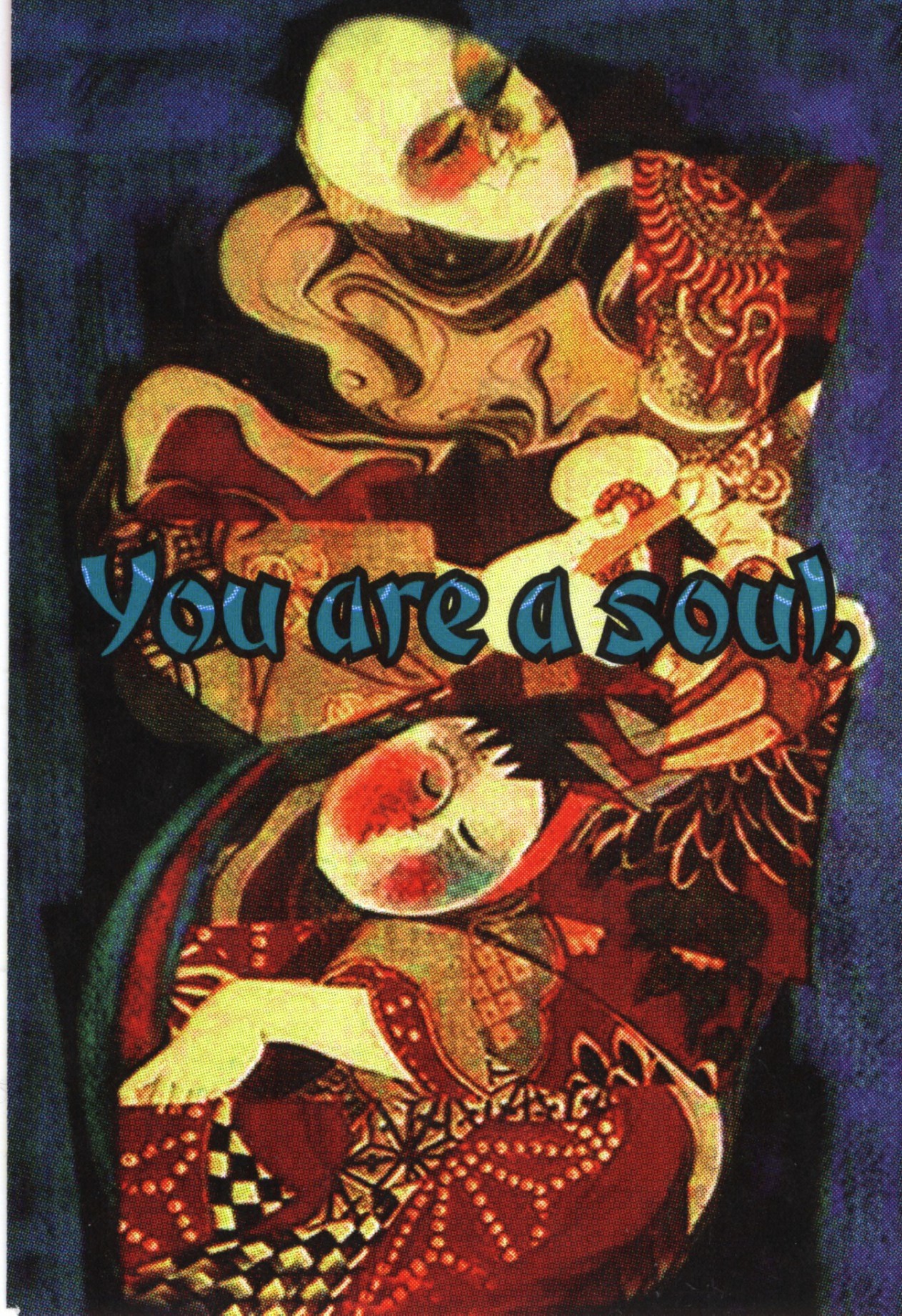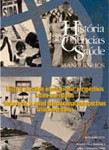The young Scottish physician Mungo Park, aged 23, arrived in Africa in 1795, to carry out a complex mission in those bygone days, namely to travel the entire length of the River Niger. For approximately a year and a half, between December 1795 and June 1797, Park traveled through the region of modern-day Sudan, an area known as Black Africa and then populated by groups that had adopted the religious and cultural traits of Arab societies. In 1799, the report of this journey into such a different world in the eyes of a European was published in England. The book attracted countless readers and sold fifteen hundred copies in the first month alone, with two further editions published that same year, as well as the translation of the original into French and German the following year.
The article “The tropics and the rise of the British Empire: Mungo Parks perspective on Africa in the late eighteenth century” examines the story of this physician and explorer, duly taking into consideration the relationship between the tropics, science and travel in the early days of British expansionism into the heart of Africa. One of the authors core issues is to show that Parks book written at a time when negative theories already abounded regarding the nature and climate of tropical regions reveals a singular outlook on the heart of the African continent. In his account Mungo Park adopted a more moderate approach than his contemporaries to the tropical regions. Thus, he acknowledged the rigors and difficulties of climate and fevers, while also reaffirming the positive aspects of the African interior, considered to be tropical in its otherness, but also suitable for accommodation and adaptation by those who ventured therein.
In January 1805, Mungo Park embarked on another, grander expedition to the Niger River: the caravan included 35 British soldiers, four local guides, 44 mules and assorted provisions. On reaching the River Niger in August 1805, three-quarters of the soldiers had died and the mood of the expedition was dire. At the end of 1805, it was the turn of Park and his remaining companions, except for one, to lose their lives on the fateful journey. During the five decades after Parks second expedition, the European expeditions to the Niger all ended in failure largely due to the ravages of fever and dysentery. In areas like Africa, where the European population was minimal compared to the native population, medicine was crucial to the ideological justification for empire. Even if they were directed primarily to the Europeans themselves, colonial medical practices symbolically reinforced the allegedly pacificatory and civilizing role of imperialist expansion. New perspectives were then formed around the year 1850 regarding the interior of Africa that were far removed from those espoused by Mungo Park decades earlier.










